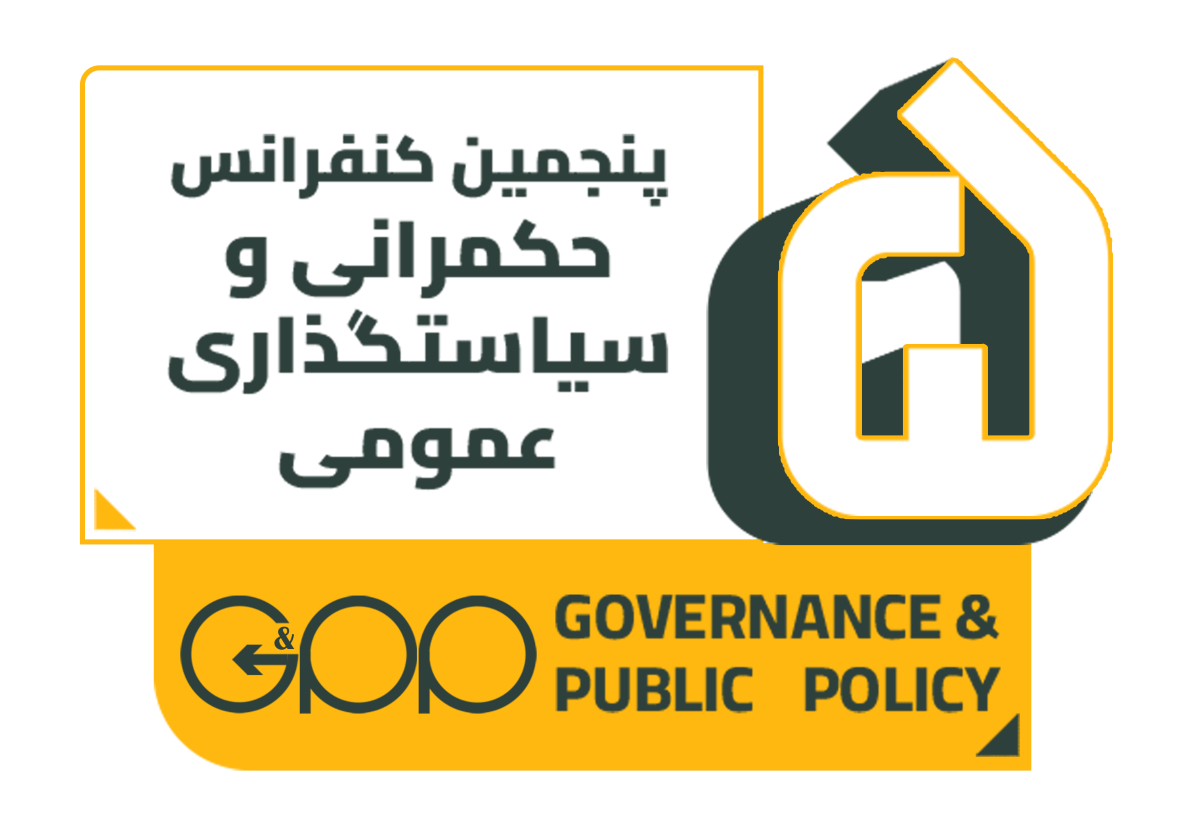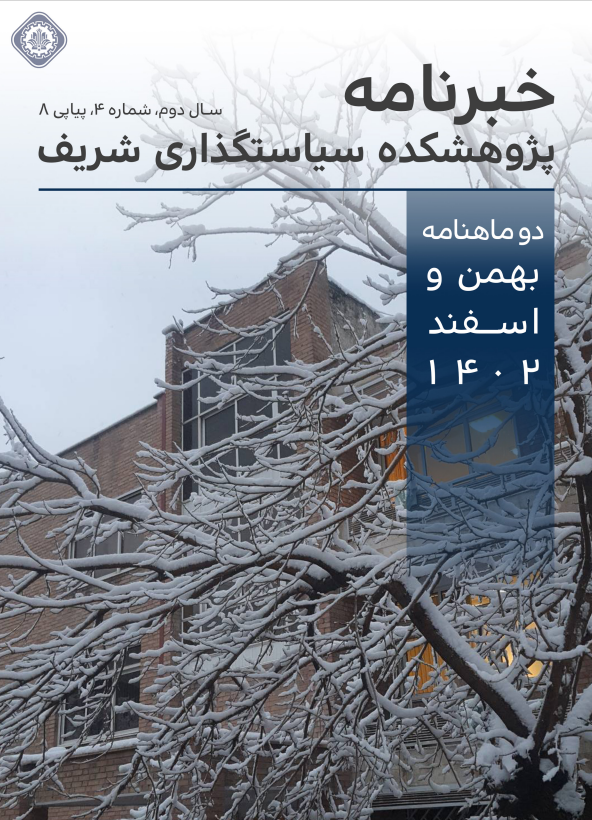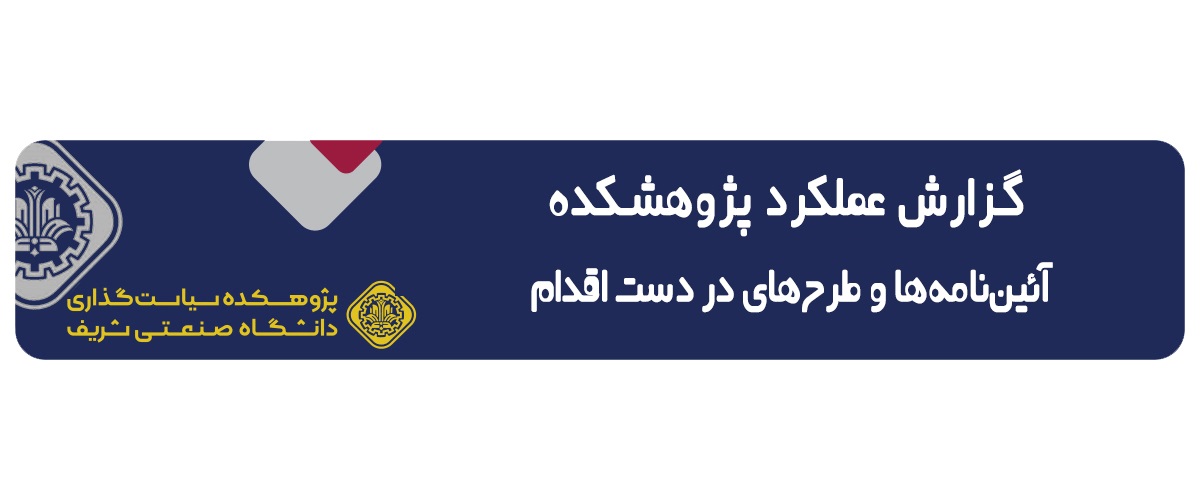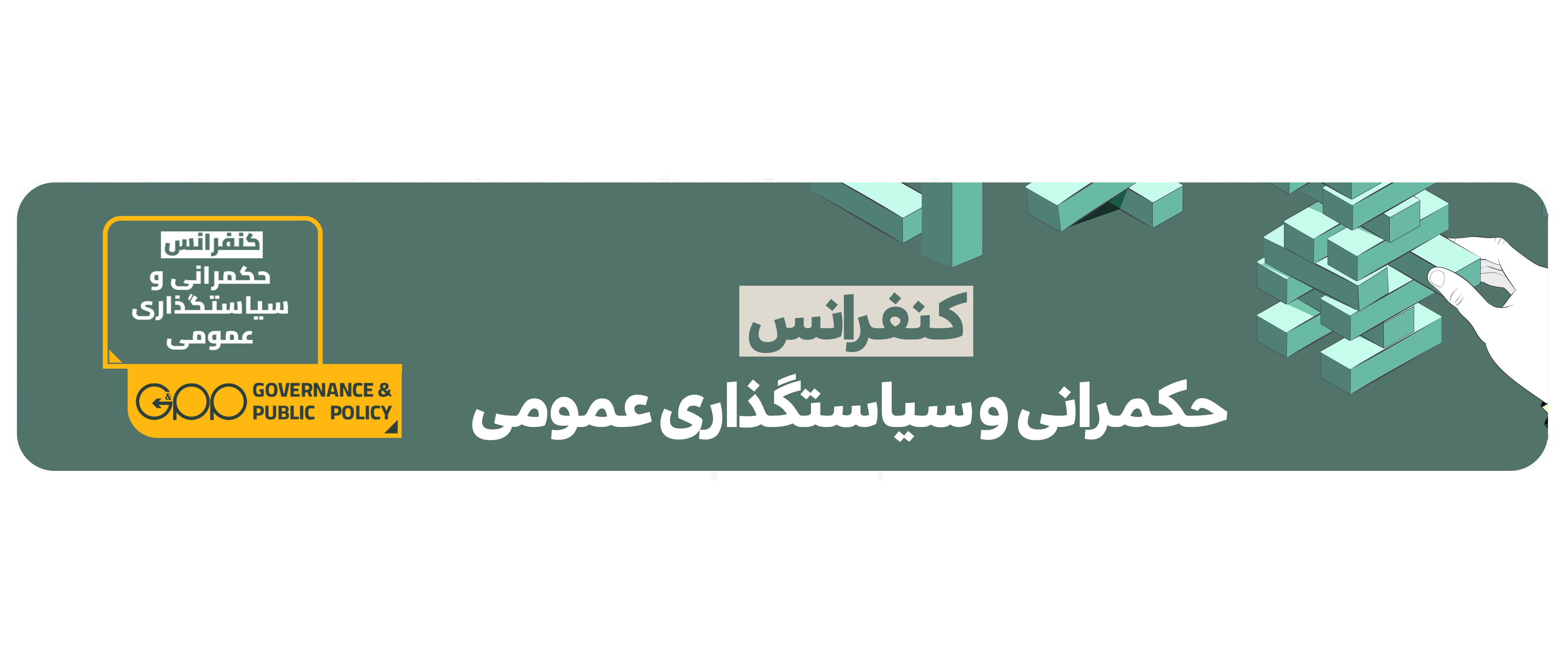چکیده
Believing in both factual and socio-cultural dimensions of risk and that it is a value-laden concept, religion emerges as an important source of risk conception and thus action at individual and collective levels, as well as for risk governance. Based on Islam viewpoint, risks could be distinctively conceived and approached as: 1) The Islam’s monotheistic and otherworldly view brings about different (divine) values and goals and also a distinct perspective on consequences stretching out to the otherworld, which has been for example evident in the high-level decision making of Iran regarding the Middle-East during the last decades; 2) Acting in divine duty and being duty-bound not only may make different individual and public choices than a secular worldview, but also provides an individual calmness arisen from trusting in God and relying on him just after making a decision. Additionally, in ethical dilemmas, alternatives are better narrowed down, especially at an individual level, which alleviates psychological burden of ethical decision making. Researching in this regard not only could shed light on risk perception of Muslim communities and societies (and in general of other religious communities) to better understand them and their distinctions, but also may provide an alternative source of knowledge to build upon. Furthermore, while above distinctions seem to be merely applicable at an individual level, they are well relevant for communities, societies and governance, as it is shown by real-world examples. Keywords: Risk perception, Risk governance, Islamic worldview.


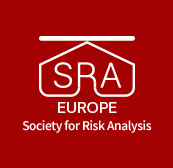
 علی ملکی
علی ملکی نجم الدین یزدی
نجم الدین یزدی
